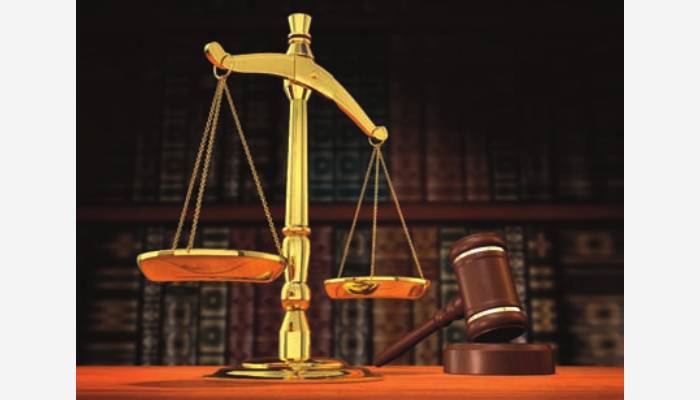
or

UAE has always been the chosen destination for all new businesses ranging from construction, services, trading and so on. Numerous expatriate families have been in UAE since generations and are managing huge family businesses. In such a scenario, the question that most people have on mind is: “How do we protect our assets and our monies in UAE?”There are various ways to protect one’s assets in UAE, which include the following
KarteeKKa Tyaggi is a Dubai based corporate and commercial lawyer with international experience of having worked in jurisdictions around the globe. Karteekka has worked with leading law firms in India before moving to UAE, where she worked with various corporate houses. She advises clients on International business and risk strategy, claims management, cross-border investments, acquisitions, joint ventures and commercial & regulatory issues.

Lex Witness Bureau

Lex Witness Bureau

For over 10 years, since its inception in 2009 as a monthly, Lex Witness has become India’s most credible platform for the legal luminaries to opine, comment and share their views. more...
Connect Us:


The Grand Masters - A Corporate Counsel Legal Best Practices Summit Series
www.grandmasters.in | 8 Years & Counting
The Real Estate & Construction Legal Summit
www.rcls.in | 8 Years & Counting
The Information Technology Legal Summit
www.itlegalsummit.com | 8 Years & Counting
The Banking & Finance Legal Summit
www.bfls.in | 8 Years & Counting
The Media, Advertising and Entertainment Legal Summit
www.maels.in | 8 Years & Counting
The Pharma Legal & Compliance Summit
www.plcs.co.in | 8 Years & Counting
We at Lex Witness strategically assist firms in reaching out to the relevant audience sets through various knowledge sharing initiatives. Here are some more info decks for you to know us better.
Copyright © 2020 Lex Witness - India's 1st Magazine on Legal & Corporate Affairs Rights of Admission Reserved